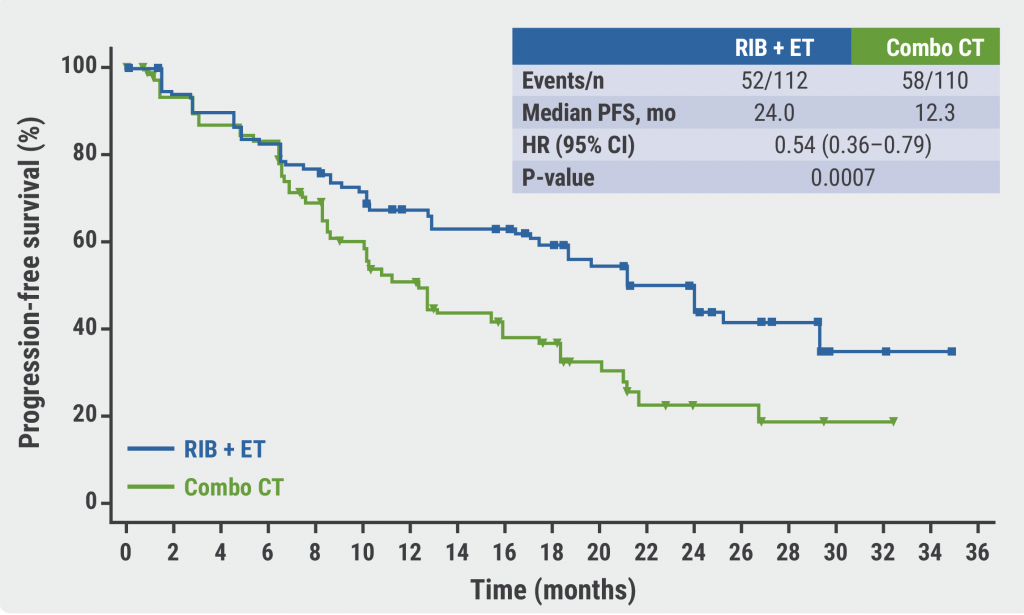"There were no differences in long-term local and regional recurrence rates as well as five-year survival rates between the well-matched patient groups of immediate breast reconstruction (IBR) with nipple-sparing mastectomy (NSM) or skin-sparing mastectomy (SSM) and conventional mastectomy without immediate reconstruction after neoadjuvant chemotherapy, even for the subgroups of patients without response to the chemotherapy," Dr. Beomseok Ko of the University of Ulsan College of Medicine, in Seoul, told Reuters Health by email.
NSM or SSM with immediate IBR is increasingly popular in the treatment of selected women with breast cancer, but the oncologic efficacy and safety of this surgical approach following neoadjuvant chemotherapy remains unclear.
Dr. Ko and colleagues compared the long-term oncologic outcomes of 526 women who underwent IBR with NSM/SSM with those of 740 women who underwent conventional mastectomy alone. They used propensity-score matching to create two well-balanced groups containing 323 patients each.
In the propensity-score-matched analysis, there were no significant differences between the IBR and conventional mastectomy alone groups in local recurrence (3.7% vs. 3.4%, respectively), regional recurrence (7.1% vs. 5.3%) or distant metastases (17.3% vs. 18.6%), the researchers report in JAMA Surgery.
The two groups also had similar five-year local recurrence-free survival (95.6% vs. 96.7%), disease-free survival (76.5% vs. 79.9%), distant-metastasis-free survival (82.5% vs. 82.5%), and overall survival (92.0% versus 89.3%).
Results were similar in the subset of patients who did not respond to neoadjuvant chemotherapy.
"Our results suggest that the response to neoadjuvant chemotherapy should not be considered a contraindication to immediate breast reconstruction, and, even in selected patients without response to chemotherapy, immediate reconstruction can be a feasible option and should be discussed before surgical treatment," Dr. Ko said.
"The complex interaction of neoadjuvant chemotherapy (NACT) and reconstruction as it pertains to surgical complications, reconstruction fatigue, costs, and patient satisfaction remains poorly characterized, but this study by Ko and colleagues provides reassurance that acceptable oncologic outcomes might be preserved in the setting of immediate breast reconstruction following NACT," write Dr. Rachel A. Greenup and colleagues from Duke University Medical Center, in Durham, North Carolina, in a inked commentary.
"Thus," they conclude, "post-NACT surgical decisions should be made in the context of other patient and treatment characteristics that predispose women to perioperative complications and suboptimal outcomes (e.g., obesity, history of or potential for future radiotherapy, and smoking)."
Dr. Chi Wei Mok of Changi General Hospital, in Singapore, who recently compared robotic versus conventional NSM with IBR in the management of breast cancer, told Reuters Health by email, "With similar long-term oncologic outcomes, patients who might have been offered a conventional mastectomy prior to this study may be offered an oncologically comparable but aesthetically superior option now."
"An interesting point not addressed in this study would be the decision-making process and selection of patients for either reconstruction or conventional mastectomy," said Dr. Mok, who was not involved in the study. "Is it purely based on patients' preferences? Or other factors, such as surgeons' preferences/disease factors?"
Dr. Edwin G. Wilkins of the University of Michigan, in Ann Arbor, who has studied immediate and delayed breast reconstruction, told Reuters Health by email, "This is a timely, well-designed study. Although its results echo findings from previous reports, it is reassuring to have additional evidence that nipple-sparing/skin-sparing mastectomies in combination with immediate reconstruction produce much the same cancer outcomes as conventional mastectomies alone."
"While breast reconstruction provides substantial quality-of-life benefits for many women, it is important to confirm that these operations do not compromise the effectiveness of cancer treatment," he said. "Not all women want reconstruction following mastectomy, but for those choosing these operations, there is now solid evidence that they can do so without jeopardizing their health or survival."
"This study should prove useful for patients and providers in formulating comprehensive treatments plans for breast-cancer treatment and recovery," said Dr. Wilkins, who also was not involved in the research.
SOURCE: https://bit.ly/3lYcYg2 and https://bit.ly/3kgvz6G JAMA Surgery, online October 14, 2020.
By Will Boggs MD
Posted on
Previous Article
« Ocular side effects possible with checkpoint inhibitors Next Article
Transcatheter valve replacement curbs tricuspid regurgitation in many »
« Ocular side effects possible with checkpoint inhibitors Next Article
Transcatheter valve replacement curbs tricuspid regurgitation in many »
© 2024 Medicom Medical Publishers. All rights reserved. Terms and Conditions | Privacy Policy
HEAD OFFICE
Laarderhoogtweg 25
1101 EB Amsterdam
The Netherlands
T: +31 85 4012 560
E: publishers@medicom-publishers.com


